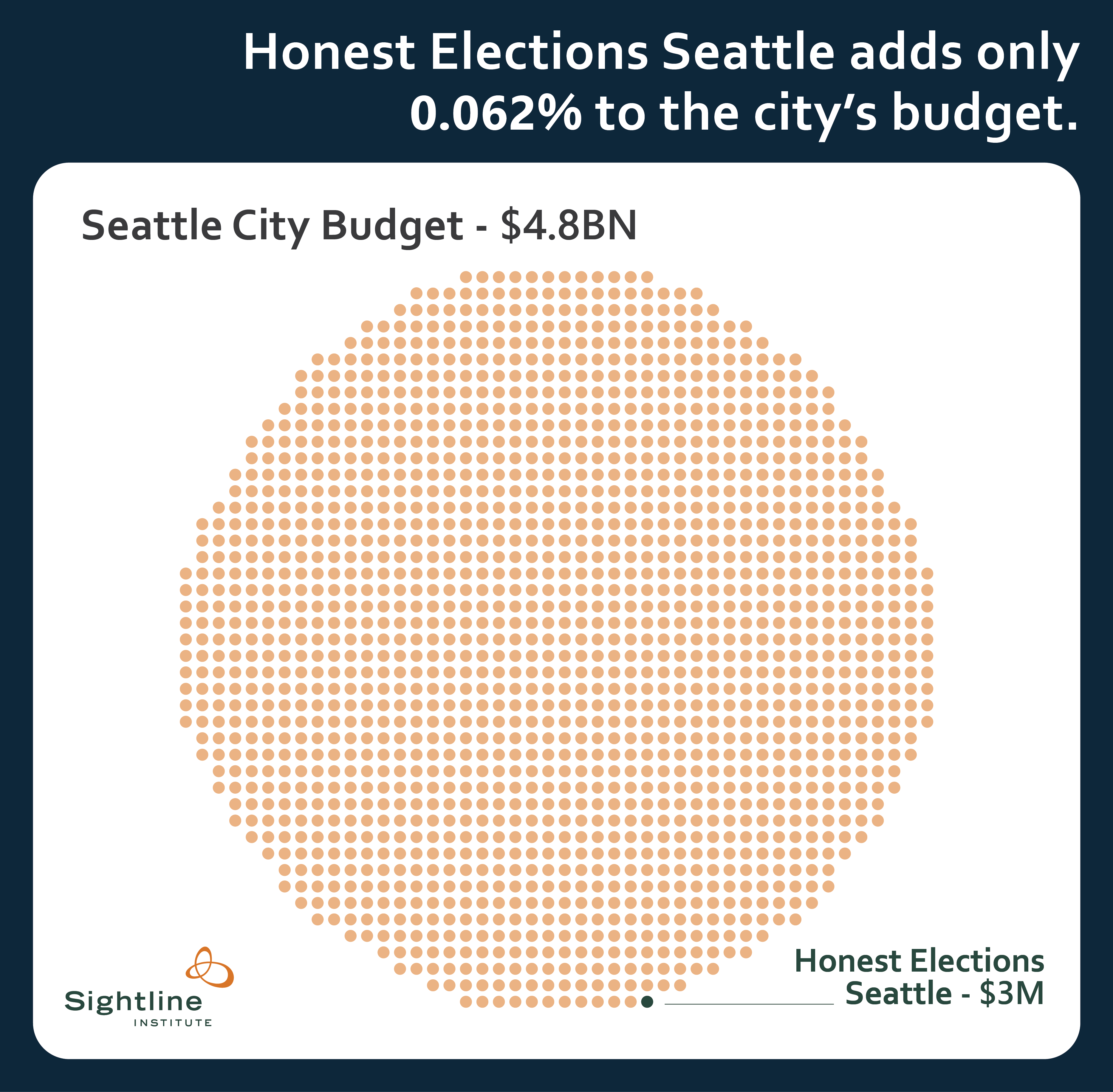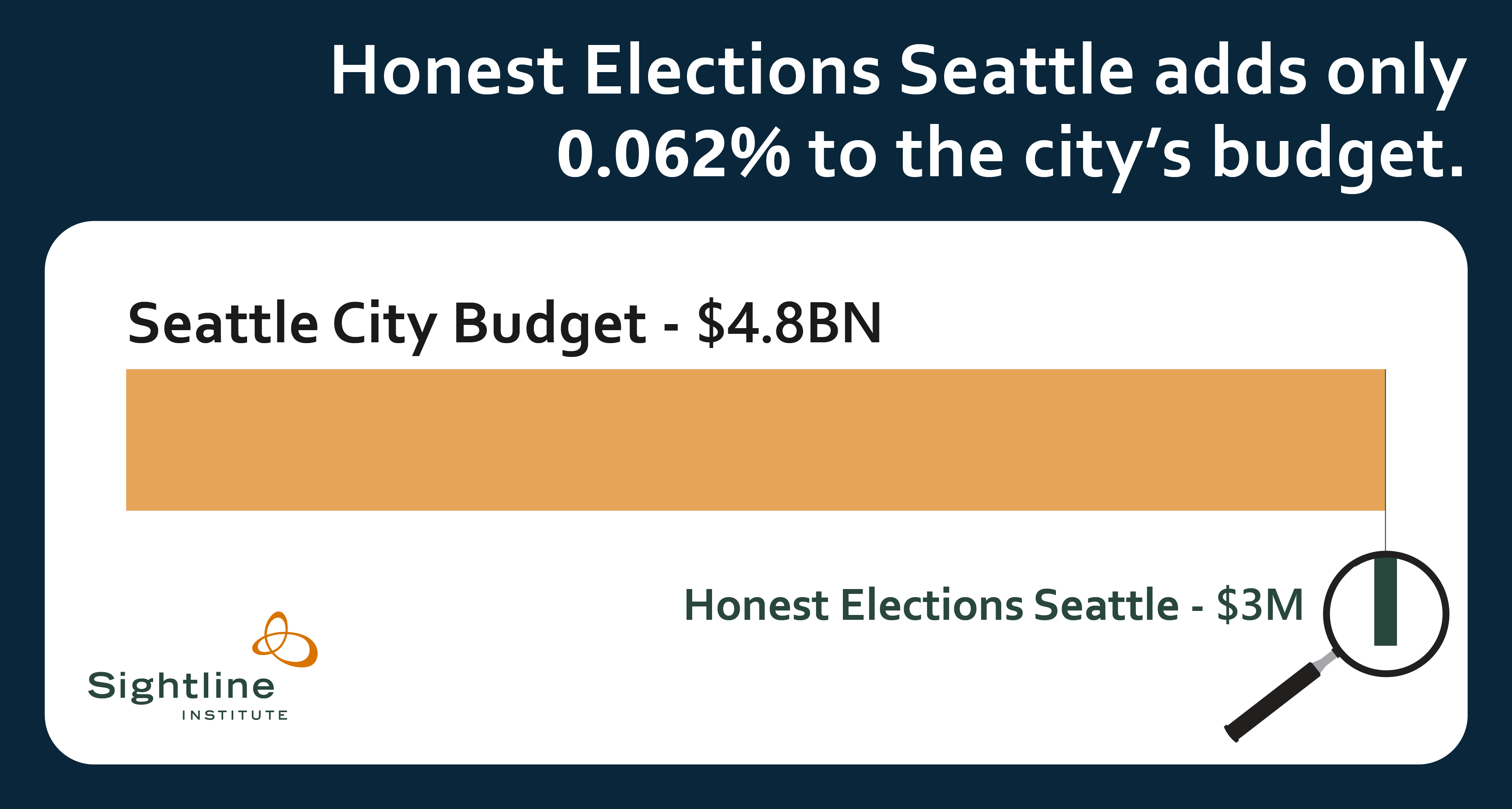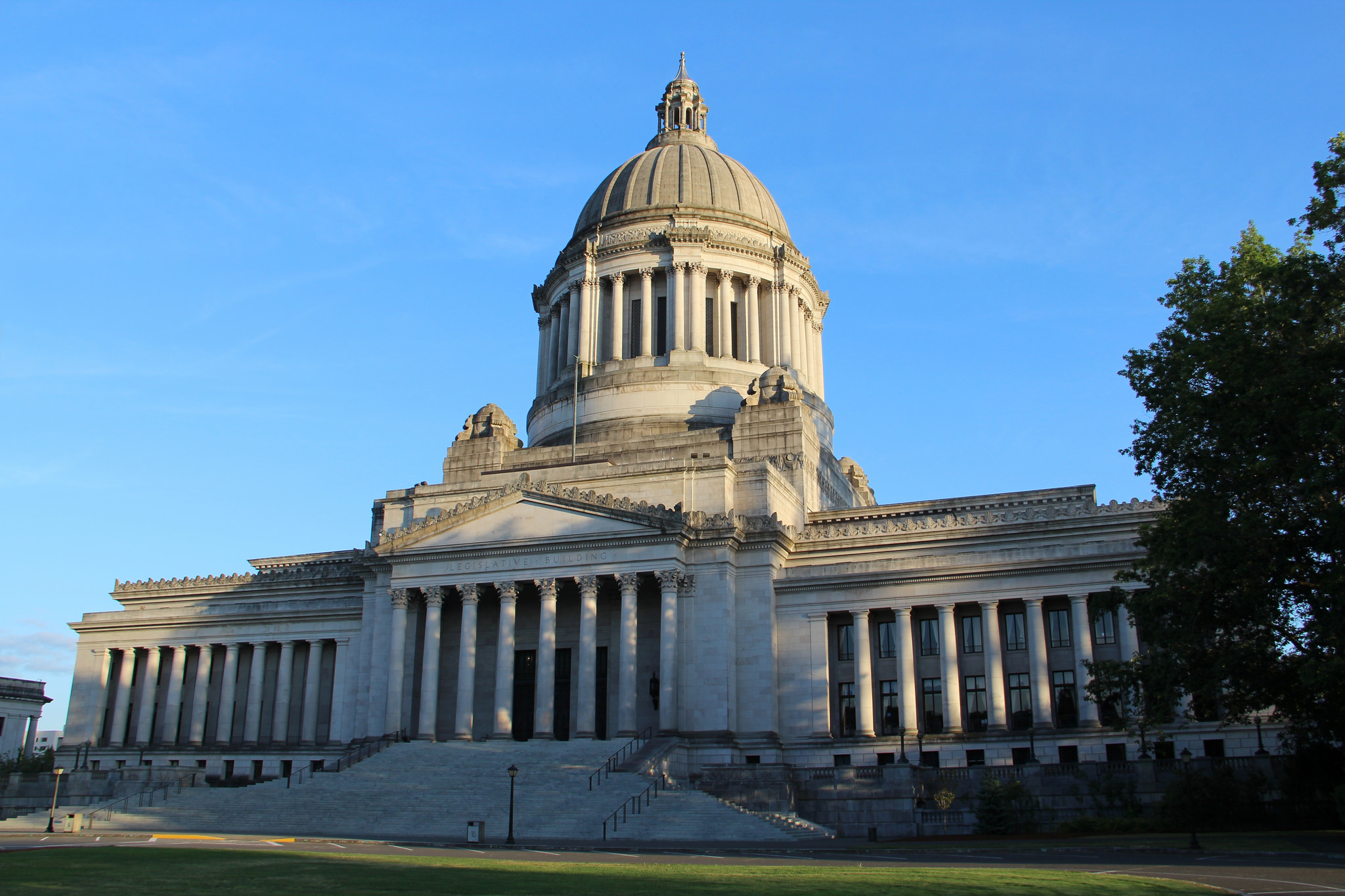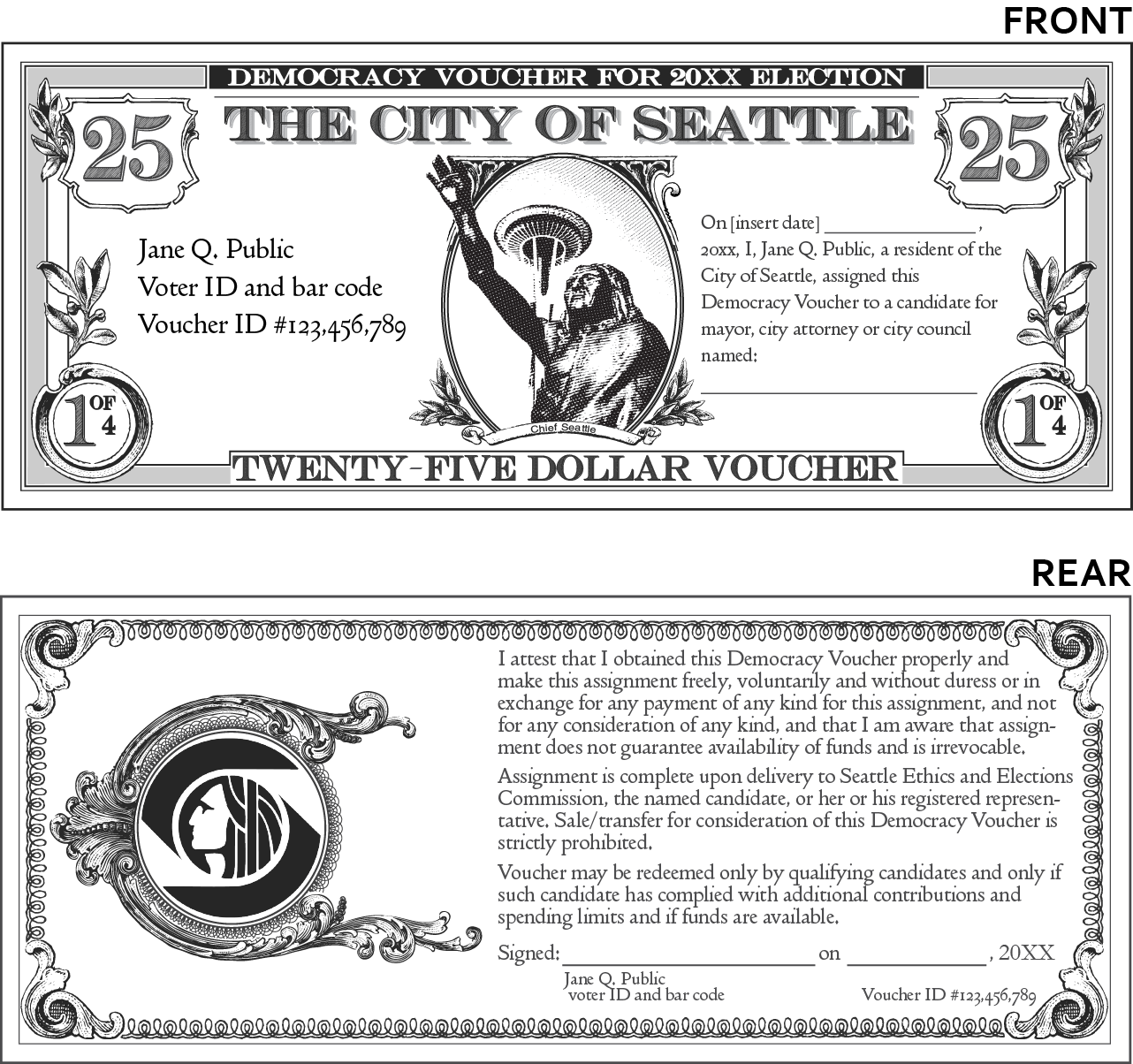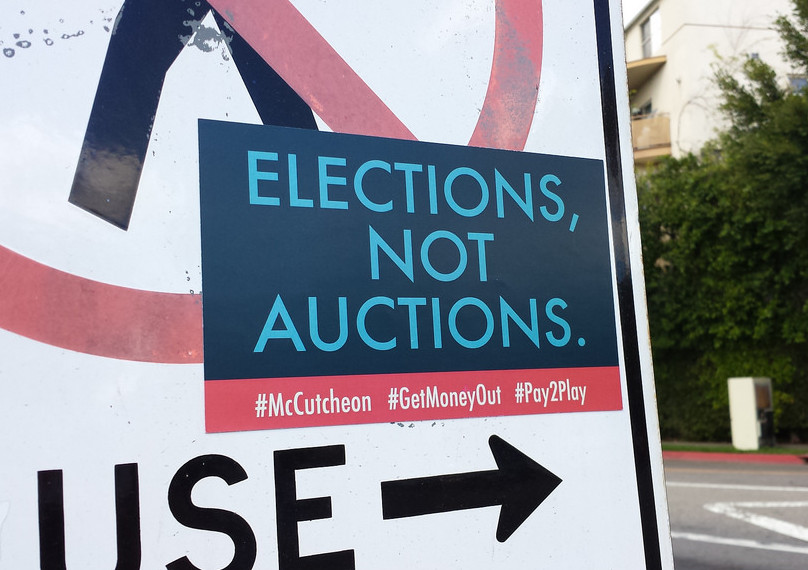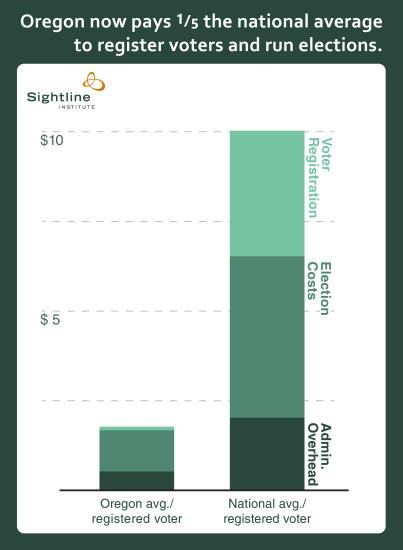Grab the issue you care most about—climate change, sustainable cities, a fair economy, or something else—sit it down, look it in the eye, and tell it there will be no Christmas this year. Or next year, or the next—we cannot fix important problems until we fix democracy.
[prettyquote align=right]”Remove #corruption from elections, and #democracy will become responsive to citizens.”[/prettyquote]
Climate change should be imminently solvable. We know which policies work. We have clean technologies, and people want to fix it. But none of that matters if government doesn’t represent the people. If government is implementing policies and propping up industries because they are lucrative for a small group of plutocrats, then no amount of public demand or technology solutions will help us solve climate change. Or any other issue that we care about.
We need a government that represents the people.
Professor Larry Lessig eloquently explains that the root of the problem, the fundamental corruption of US democracy, is elected officials’ dependence on the tiny number of wealthy funders who control elections. Remove corruption from elections, and democracy will become responsive to citizens.
But there is more than one root.


